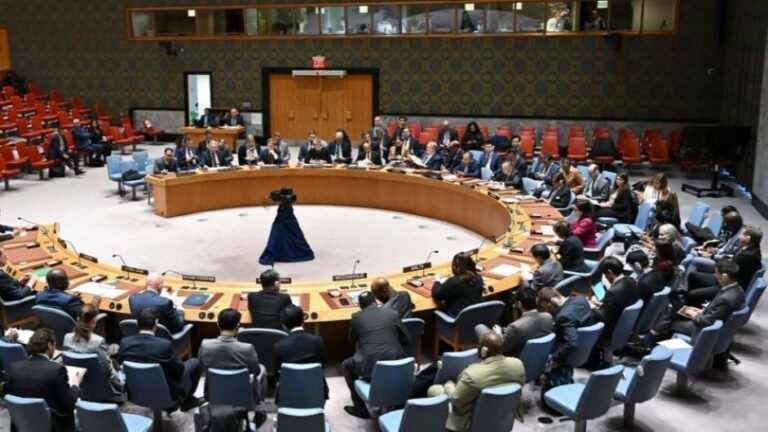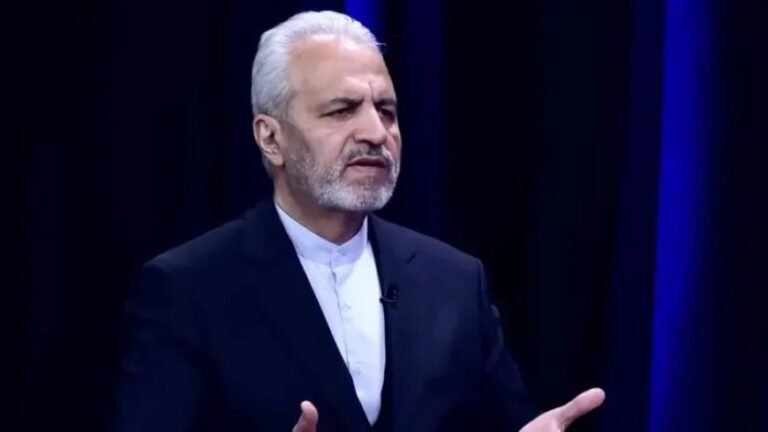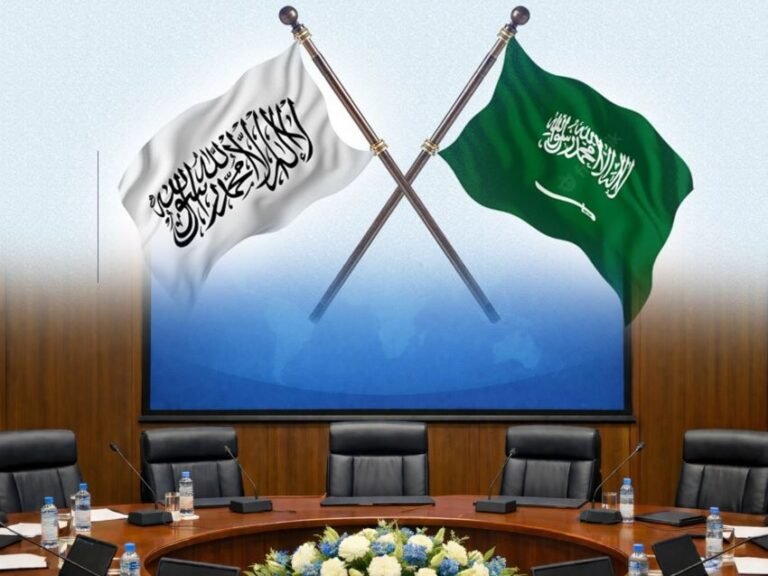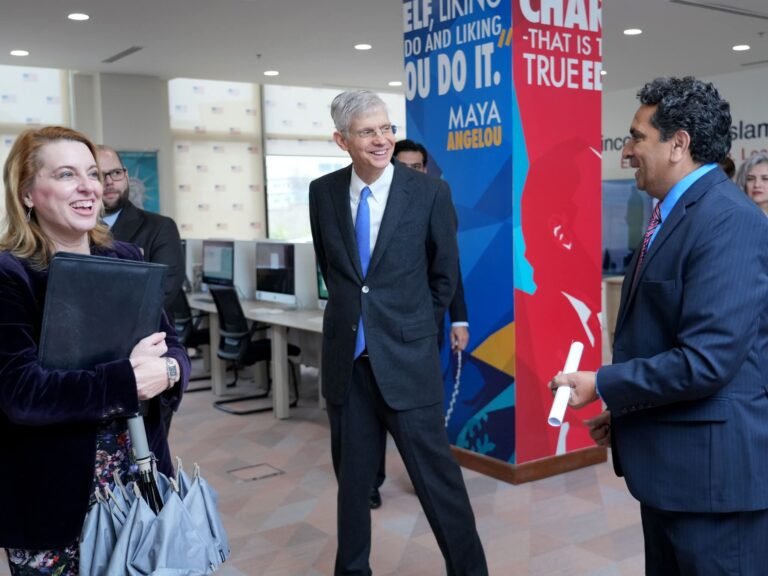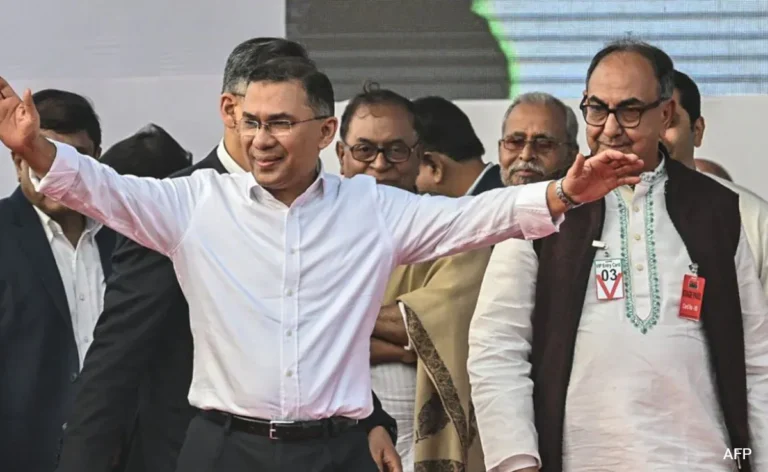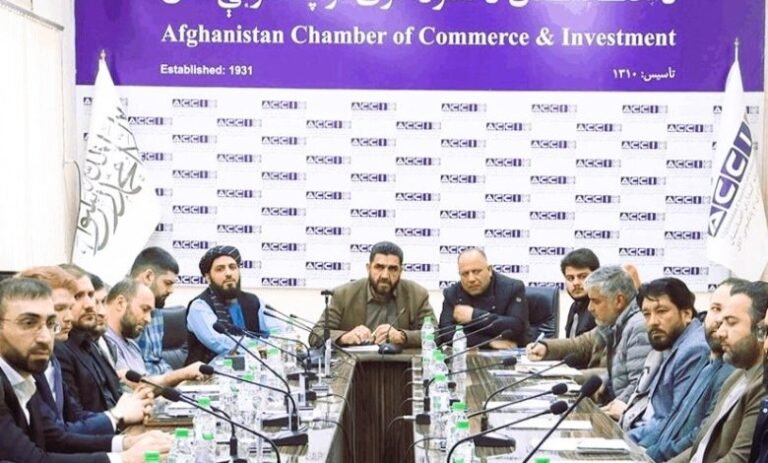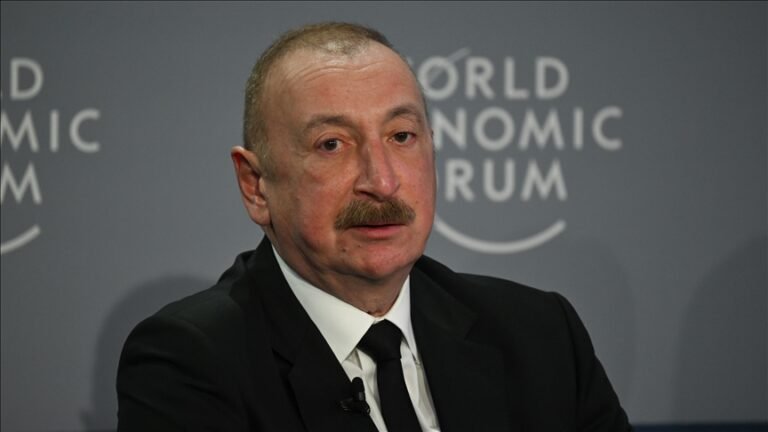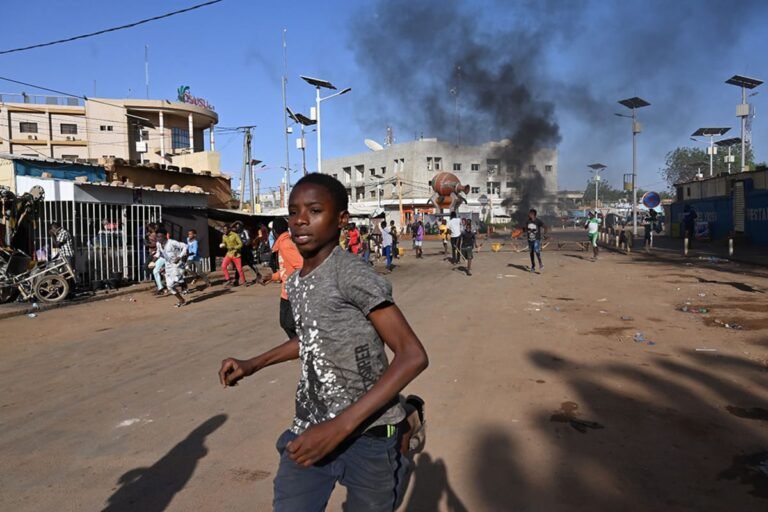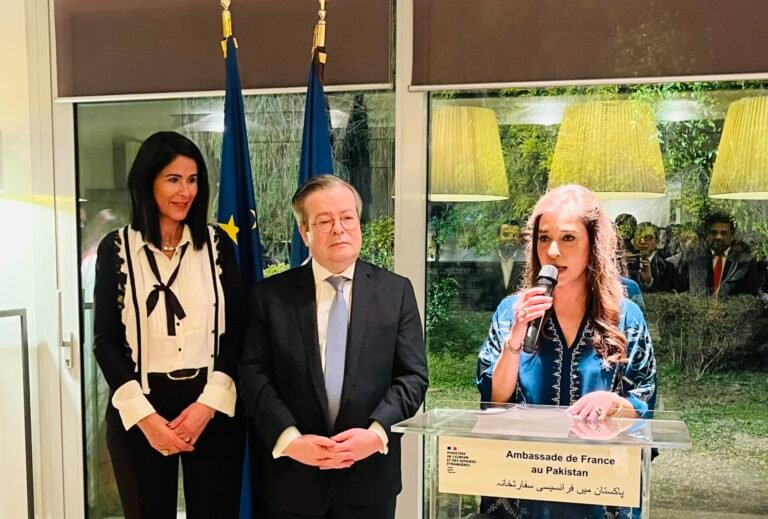Diplomacy is an established approach for influencing other governments’ and individuals’ actions and decisions through discussion, negotiation, and other means for maintaining peaceful relations.
The practice of diplomacy, like the other states, has been utilized by African states to carry out their foreign policies and in the peaceful pursuit of their interests.
The guiding themes in African diplomacy require a historical perspective to be understood. The themes include the quest for justice and equality in international relations and the necessity for development and peace in the continent.
African diplomacy in the Pre-colonial era
The history of African diplomacy is extensive. Many centralized governments in pre-colonial eastern and western Africa had advanced diplomatic techniques by the sixteenth century.
These procedures were founded on customary law and, in the opinion of some historians, might be seen as the foundation for ongoing or permanent diplomacy.
The Savannah areas to the north were connected to the coastline and forest nations of West and East Africa via pre-colonial African diplomacy.
Additionally, diplomacy controlled interactions between these republics and various European businessmen, missionaries, hunters, and tourists, as well as relations with the Arab world and the Ottoman Empire.
Pre-colonial African diplomacy resembles medieval European diplomacy in several ways. Treaties were negotiated, borders were established, old disagreements were resolved, and impending problems were discussed.
In pre-colonial Africa, the diplomats that were sent to another state were referred to as messengers. These people had some immunity, as did their property.
Islam and interactions with the Europeans significantly impacted African diplomacy before colonialism. Islam encouraged trade between the Mediterranean and West Africa. The trans-Saharan Caravan trade grew and expanded following interaction with Muslims. The Muslim and West African traders benefited financially from the trade.
Post-colonial era
In the nineteenth century, European influence in Africa gradually started. However, it intensified into a vicious struggle for dominance in the late 1870s. The division of Africa officially began with the Berlin Conference (1884-1885).
The reasons behind European colonization varied. Among the most significant were commercial interests and geopolitical considerations. Africans used resistance, compromise, and adaptability to defend their cultures.
Africa experienced colonialism for less than a century. There was a lot of diplomatic activity, but it mainly occurred less formally. The representation of the states fell within the jurisdiction of European capitals.
The age of modern African state diplomacy didn’t start until the 1960s when the continent’s governments attained official independence. Ethiopian diplomacy in the League of Nations is a notable outlier.
The emperor of Ethiopia, Haile Selassie, a key figure of the Rastafari religious movement, presented Ethiopia’s application for membership in the League of Nations in April 1923.
The League recognized Ethiopia as a member. During the colonial era, significant non-state diplomatic players also operated within Africa.
Tribal leaders in Central Africa, in East Africa, and traditional rulers in Nigeria frequently possessed a considerable degree of autonomy. They mastered dealing with colonial officials as a result.
Meanwhile, in British colonies, where colonial administration was frequently less direct, the “Secret diplomacy” between the monarchs or diplomats, of which the public was not informed, was undoubtedly more prevalent. Most independent African nations’ diplomacy aimed to protect their domestic systems of government and preserve the existence of their states.
African nations founded the Organization of African Unity to protect their territorial sovereignty and agreed to maintain their boundaries as soon as they gained national independence in 1964.
African diplomacy during Cold War
In the Cold War era, which presented new threats to African security, the primary goal of African diplomacy was survival amidst the ongoing ideological war between the USA and the Soviet Union. Africa didn’t initially have a cause to get involved in the competition between the superpowers.
Foreign policy in Africa was frequently too rhetorical. Speaking in international forums, African leaders repeatedly brought up the slave trade, crimes of colonial powers, the plundering of African resources, and economic exploitation. Governments from other continents participated as well.
Existing administrations were challenged by various armed organizations, most of whom had rural roots and frequently crossed state boundaries in their attacks.
Additionally, several former colonial powers, like France and Britain, still influenced the former colonies’ government policies.
African nations wanted concessions from foreign governments to access critical locations and minerals.
In Africa, Insurgent Diplomacy was developed out of the growth of armed groups during the Cold War. Several types of insurgencies emerged in post-colonial conflicts during the Cold War era.
These included warlords, reformists, and separatist forces that looked for outer support. Insurgencies were related to the cause of ‘liberation’ and built international connections through diplomacy and were supported by the US, Soviet Union, and their allies.
Post-Cold War Era: Role of China and non-state actors
The closure of the Cold War negatively impacted the geostrategic significance of Africa. Following the fall of the Soviet Union, Africa remained a peripheral continent in world politics for over ten years.
Superpower disengagement provided African foreign policy with greater freedom of movement, but this independence was not shared equitably. However, the development of Chinese-African ties in the 21st century has been exceptional.
China has become Africa’s major trading partner, a substantial investor, and a liberal contributor as it seeks to acquire raw commodities and develop new markets. There were no political or financial requirements for Chinese assistance.
As a result, African diplomacy had more flexibility than before. The presidents and their allies have been the ones to determine the national interest inside the executive branch.
Diplomacy in Africa no longer occurs at the regional level. Foreign aid now involves more multilateral engagements with a wide range of donors rather than just bilateral involvement with the previous colonial powers.
African diplomacy, however, turned out to be more active than many had anticipated. African diplomats actively pursued institutional reform at the UN and represented the African states worldwide.
Diplomates in Africa have also changed their role in the WTO from relative indifference to engaging in a coordinated effort to increase influence and build capacity to investigate proposals.
They also promoted the development objectives of the post-Seattle Doha Development Round, the most recent trade talks between WTO members.
The rounds focused on significantly reforming the global trading system. The main agendas of the rounds were to lower trade barriers, introduce new trade regulations, and increase trading opportunities for developing states.
Promoting Multilateralism in Africa
Throughout the Cold War and after its end, multilateralism was essential to African diplomacy. They believed the UN system to be a crucial framework because many governments on the continent had inadequate resources for diplomatic participation.
The UN had only four African members when it first began. The members include Ethiopia, Egypt, Liberia, and South Africa. In 2022, 54 African countries are part of the UN.
Other than the UN, to promote multilateralism at the regional level, the Organization of African Unity (OAU) was founded in 1963 with three main objectives:
- Advancing Pan-Africanism by overcoming racial and national division
- Maintaining and strengthening the freedom that has been fought for
- Ending colonialism and racial injustice
Additionally, African nations recognized the diplomatic advantages of collaborating with the Arab world, particularly on a global scale.
They believed that the nations taking part in the Arab League, founded in 1945, would support them as they pursued their respective viewpoints on issues of shared concern. The OAU organized the First Afro-Arab Summit, which took place in Egypt in 1977.
The OAU was eventually disbanded in July 2002, ending the pursuit of Pan-Africanism. The new, vibrant, and dynamic pan-African organization prepared to be active in politics, socioeconomics, and security has taken over the African Union (AU).
The African Union (AU) was handed a challenging foreign policy objective right from the start to create the conditions that would allow Africa to play the proper role in the world economy and global negotiations.
Additionally, it was mandated to promote global collaboration within the parameters of the UN Charter and to collaborate with foreign partners to eradicate illnesses and advance good health.
The AU has consistently worked to advance shared African perspectives in various international conferences and discussions.
AU encouraged the African negotiators to remain together and champion African interests in the ongoing UN Framework Convention on Climate Change (UNFCCC) process in the summer of 2015. It concluded at a Summit Conference in Paris in December 2015.
Together, they make up what is known as the African Security and Peace Architecture (ASPA). It was created by the AU in partnership with the African Regional Economic Communities (RECs) to prevent, manage, and settle disputes in the regional countries.
The Economic Community Monitoring Group (ECOMOG) is a peacekeeping force established by the Economic Community of Western African States (ECOWAS) in 1989. It received positive press on a global scale for its role in civil conflicts.
After much delay, the AU Assembly finally began talks for a Continental Free Trade Area during its 25th Ordinary Session and signed a resolution establishing its own Tripartite Free Trade Area.
The capacity of South Africa and Nigeria, the AU’s two most influential Member States, to work together is crucial for the organization’s ability to speak with one voice.
When Nigeria returned to democratic administration in 1999, the two countries worked closely together, and diplomacy in Africa had a “Golden period.” At that time, South Africa and Nigeria closely coordinated their efforts to address complex issues as they arose.
Unfortunately, the failure of this collaboration led to the observation that the vitality of the late 1990s eventually diminished and that disintegration still affects African diplomacy.
Prospects
Though domestic issues have impacted African growth, primary trends in African diplomacy developed in the 21st century. These trends include new non-state players’ development, multilateralism’s rise, and a shift from security to the economy.
Future developments in African diplomacy will be heavily influenced by how the sub-regional institutions, especially the African Union, perform. Regional integration has advanced significantly in recent years.
However, multilateral African diplomacy has remained underdeveloped and needs a strong political push to pursue its interests. For that, African states must be stable at home by adopting intense domestic diplomacy in which citizens effectively participate in formulating their nations’ foreign policy to put forward their diplomatic matters internationally.
Student of BS International Relations in Kinnaird College for Women. Currently, working in 'TDI' as a contributor.
- This author does not have any more posts.



